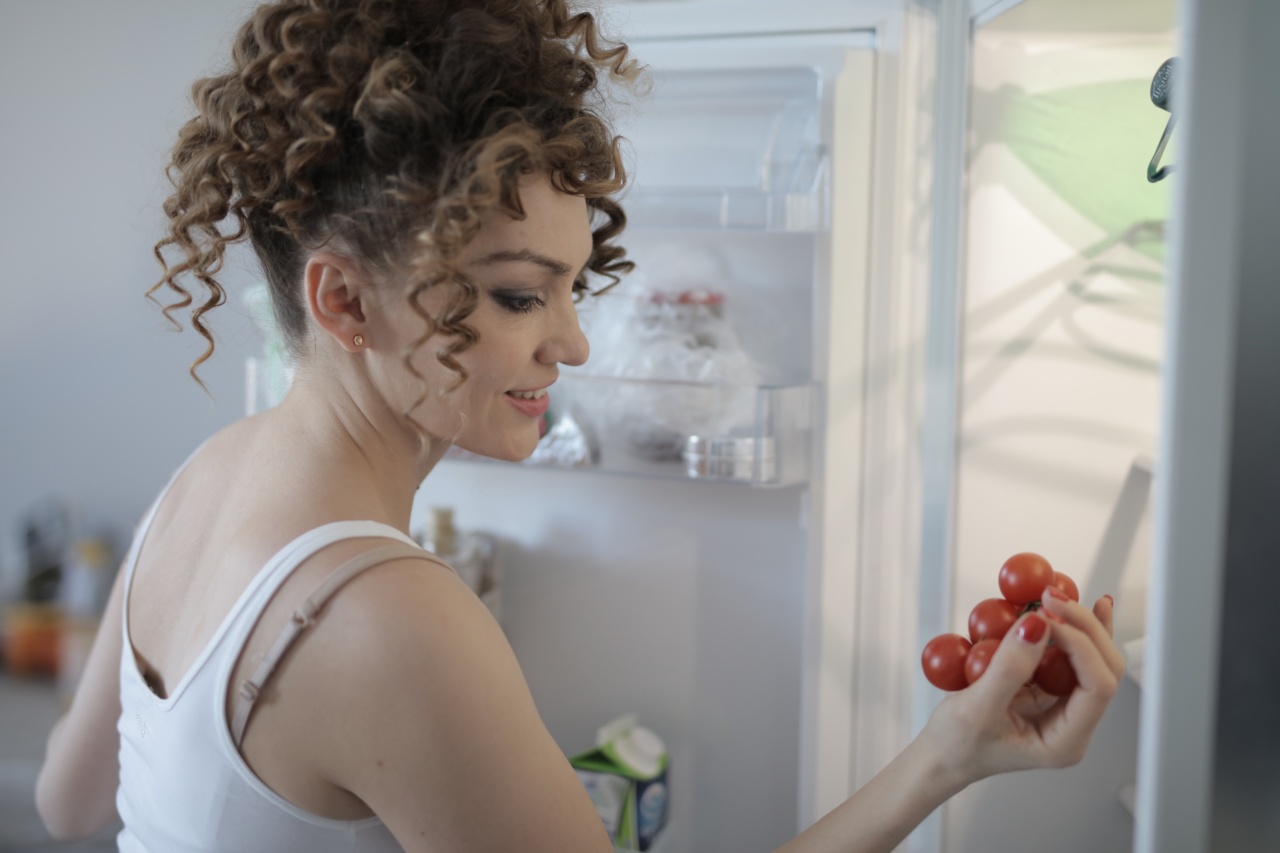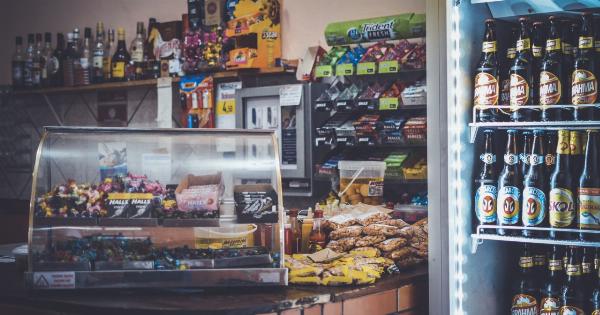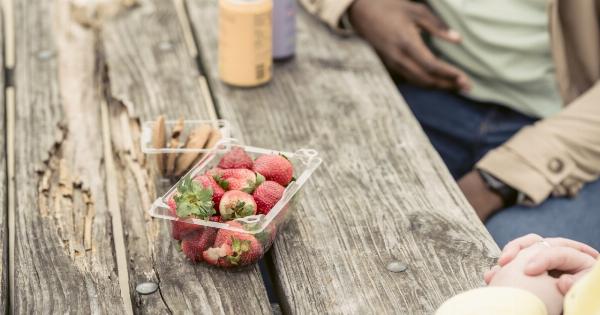Refrigeration is essential in preserving food and keeping it fresh for a longer period. However, many people are not aware of the common mistakes they make when refrigerating food.
These mistakes can lead to health hazards that could have been avoided with proper food storage techniques. This article aims to discuss some common mistakes in refrigerating food and the associated health hazards.
1. Overcrowding the Fridge
One common mistake people make when refrigerating food is overcrowding the fridge. When there is too much food in the fridge, there is less air circulation, which can lead to the growth of bacteria. Bacteria thrive in environments that are moist and warm.
Overcrowding of the fridge leads to warm air pockets, which can result in bacteria growth. Additionally, overcrowding the fridge can affect the temperature of the fridge, which can affect the quality of the food.
2. Not Using Airtight Containers
Another mistake people make is not using airtight containers. Airtight containers help to preserve the freshness of the food and prevent the spread of bacteria.
When food is not stored in airtight containers, it is exposed to air, leading to moisture buildup, which can cause bacteria growth. Additionally, food that is not in airtight containers can pick up the odors of other foods in the fridge, leading to unpleasant smells.
3. Storing Hot Food in the Fridge
Storing hot food in the fridge is also a common mistake. Putting hot food immediately in the fridge can increase the temperature of the fridge and affect the quality of other food items stored within.
Additionally, hot food can take longer to cool down in the fridge, which can lead to bacteria growth. It is advisable to let the hot food cool down first before putting it in the fridge to prevent health hazards.
4. Leaving Leftovers in the Fridge for Too Long
Leaving leftovers in the fridge for too long is a common mistake people make. Foods like meat, dairy products, and salads can only be stored for a limited period, depending on the type of food.
When food is left in the fridge for too long, it can become a breeding ground for bacteria, which can lead to foodborne illnesses. It is advisable to consume leftover food within a few days or freeze it to prevent the growth of bacteria.
5. Not Cleaning the Fridge Regularly
Not cleaning the fridge regularly is another common mistake. A dirty fridge can harbor bacteria, which can contaminate the food stored within. Additionally, a dirty fridge can lead to unpleasant smells, which can affect the quality of the food.
It is advisable to clean the fridge regularly to prevent the spread of bacteria and maintain the freshness of food.
6. Not Checking the Temperature of the Fridge
Not checking the temperature of the fridge is also a common mistake. The temperature of the fridge should be between 35 and 38 degrees Fahrenheit to prevent the growth of bacteria.
If the temperature is too high or too low, it can affect the quality of the food and lead to health hazards. It is advisable to check the temperature of the fridge regularly to ensure that it is within the safe range.
7. Storing Food in the Fridge for Too Long
Storing food in the fridge for too long is another common mistake.
Food items like fruits and vegetables have a shelf life, and when they are stored in the fridge for too long, they can lose their nutritional value and become a breeding ground for bacteria. It is advisable to consume fresh food items soon after purchase to get the maximum nutritional value from them.
8. Storing Food Items in the Wrong Part of the Fridge
Storing food items in the wrong part of the fridge is also a common mistake. The fridge has different temperature zones, with the lower part being colder than the upper part.
Food items that are more susceptible to bacteria growth, like meat and dairy products, should be stored in the lower part of the fridge, while fruits and vegetables should be stored in the upper part of the fridge.
9. Not Checking for Expiration Dates
Another common mistake people make is not checking for expiration dates. Food items that are past their expiration date can harbor bacteria, which can lead to food poisoning.
It is advisable to check expiration dates before purchasing or consuming food items to prevent health hazards.
10. Using the Fridge to Cool Hot Drinks
Using the fridge to cool hot drinks is also a common mistake. Putting hot drinks in the fridge can increase the temperature of the fridge and affect the quality of the food stored within.
Additionally, hot drinks take longer to cool down in the fridge, which can lead to bacteria growth. It is advisable to let hot drinks cool down naturally before putting them in the fridge.
Conclusion
Refrigeration is important to preserve food and keep it fresh for a longer period. However, common mistakes in refrigerating food can lead to health hazards that could have been avoided with proper food storage techniques.
To prevent health hazards, it is advisable to avoid overcrowding the fridge, use airtight containers, store hot food at room temperature before putting it in the fridge, consume leftovers within a few days or freeze them, clean the fridge regularly, check the temperature of the fridge regularly, store food items in the right part of the fridge, check for expiration dates before consuming food items, and avoid using the fridge to cool hot drinks.




























